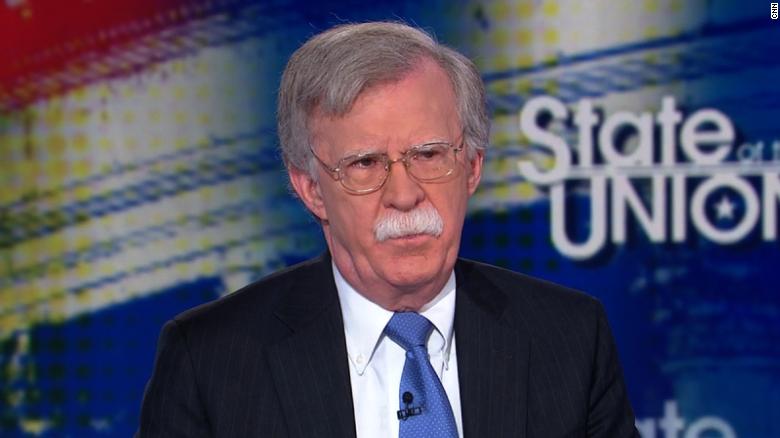WASHINGTON, May 16, 2018 — President Donald Trump on Wednesday told reporters he hadn’t heard anything from North Korea regarding threats to cancel his planned summit unless the United States walks back demands for leader Kim Jong Un to agree to a disarmament plan along the lines of those agreed to by the former leaders of Iraq and Libya.
“We haven’t been notified at all, we’ll have to see,” Trump said during an Oval Office photo opportunity with Uzbek President Shavkat Mirziyoyev. “We haven’t received anything, we haven’t heard anything. We will see what happens.”
Plans for the June 12 summit, which is set to take place in Singapore and would be the first between an American president and a member of the hereditary dictatorship that has led North Korea since the end of the Korean War, hit a snag Wednesday after the North canceled planned joint talks with South Korea over its participation in joint military drills with the United States.
While drills are a longstanding annual event, they’ve long been a sticking point in relations between Seoul and Pyongyang, which sees them as a provocation and maintains — incorrectly — that they are a dress rehearsal for an invasion by the United States and South Korea. This year’s exercises were originally set for earlier this year but were postponed as a goodwill gesture after North Korea agreed to talks with the South, and to send a delegation to the Winter Olympics held in Pyeongchang, South Korea.
Pyongyang says summit still possible, pushes back at Bolton’s demands
In a statement carried by the state-run Korean Central News Agency, North Korean vice foreign minister Kim Gye Gwan said the Trump administration “will receive a deserved response from us” if it approaches the summit “with sincerity” out of a desire to improve relations.
“However, if the U.S. is trying to drive us into a corner to force our unilateral nuclear abandonment, we will no longer be interested in such dialogue and cannot but reconsider our proceeding to the DPRK-U.S. summit,” he added, using the abbreviation for North Korea’s official name, the Democratic Republic of North Korea.
Kim (no relation to the North Korean leader) also questioned whether the denuclearization process should come before the North is compensated in any way.
He also attacked White House National Security Adviser John Bolton, who appears to have prompted the North’s reaction with statements made during recent television appearances.
During one such appearance, the famously mustached former diplomat, who during his service in the George W. Bush administration, was described by the Kim regime as “human scum” declared the Trump administration’s goal to be the “complete, verifiable, irreversible denuclearization of North Korea” along the lines of similar efforts by the former governments of Libya and Iraq.
North Korea’s skittishness about disarmament comes from recent history
The North Korean government’s reluctance to give up its nuclear program may have something to do with the fates of similarly-situated governments that gave up similar programs.
In 2004, when Bolton was then-President George W. Bush’s undersecretary of state for arms control, Libyan dictator Moammar Gaddafi agreed to give up Libya’s nascent nuclear program in exchange for relief from sanctions.
Iraqi dictator Saddam Hussein also made a similar concession in exchange for a promise that the United States would not invade Iraq.
But both dictators met their end at their enemies’ hands after their governments were toppled. Gaddafi was executed in 2011 after he was overthrown during Libya’s civil war, and Hussein was hanged in 2006 in the wake of America’s 2004 invasion of Iraq.
Both countries’ fates apparently weigh heavily on the North Korean regime, as Kim’s statement called Bolton’s demand “essentially a manifestation of awfully sinister move[s] to impose on our dignified state the destiny of Libya or Iraq, which had been collapsed due to the yielding of their countries to big powers” rather than “n expression of intention to address the issue through dialogue.”
The “world knows too well that our country is neither Libya nor Iraq, which have met a miserable fate,” he said before referring to his country’s previous dealings with Bolton. “We shed light on the quality of Bolton already in the past, and we do not hide a feeling of repugnance toward him.

